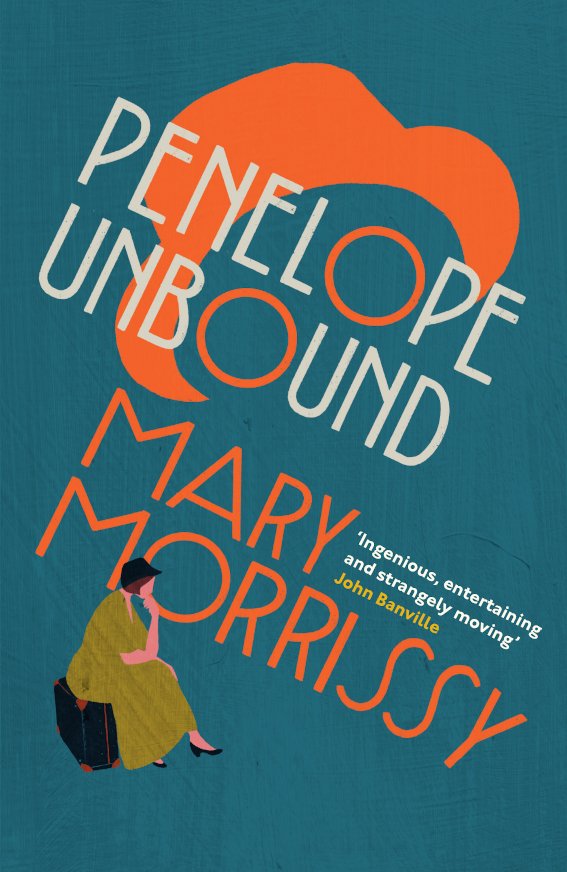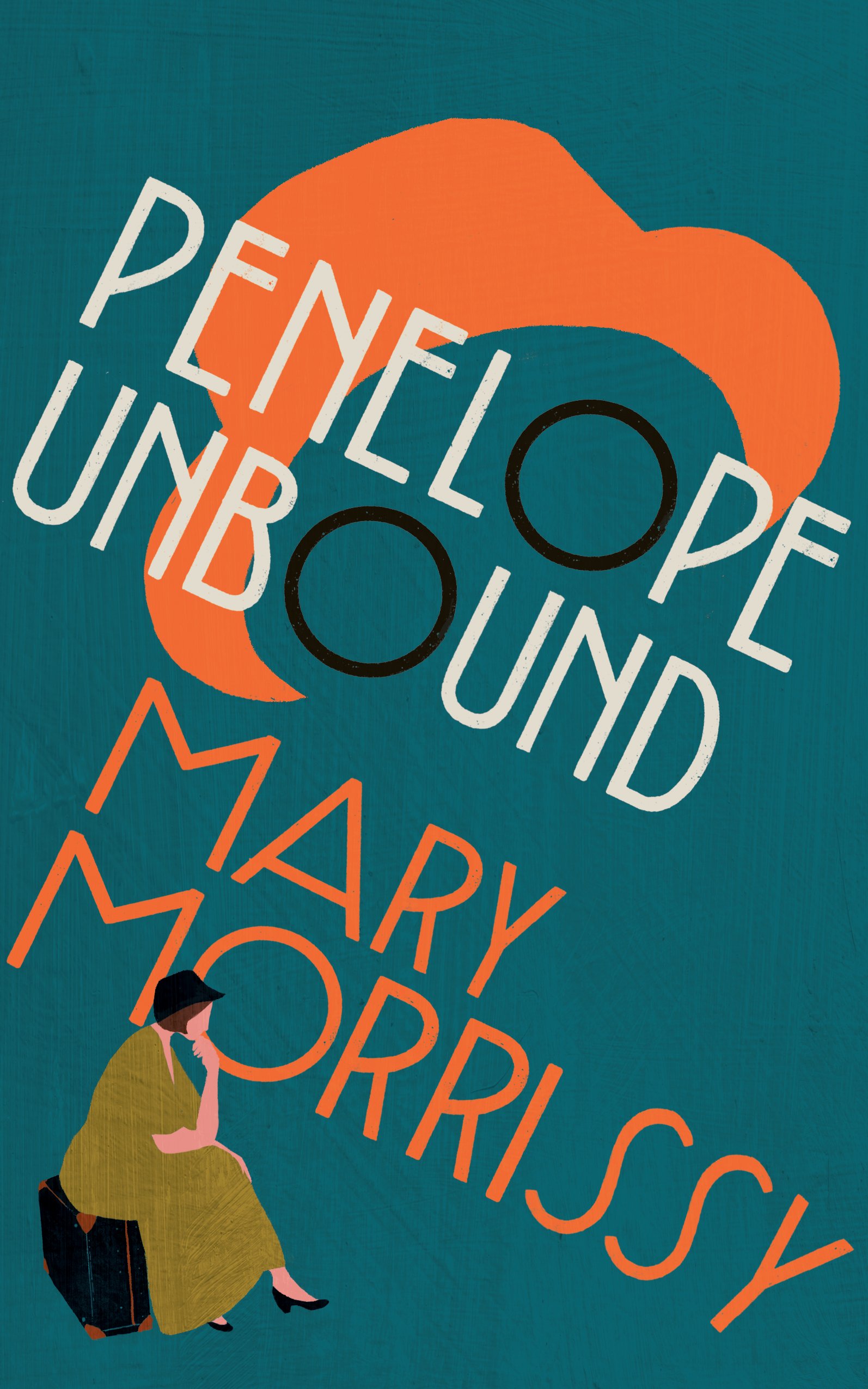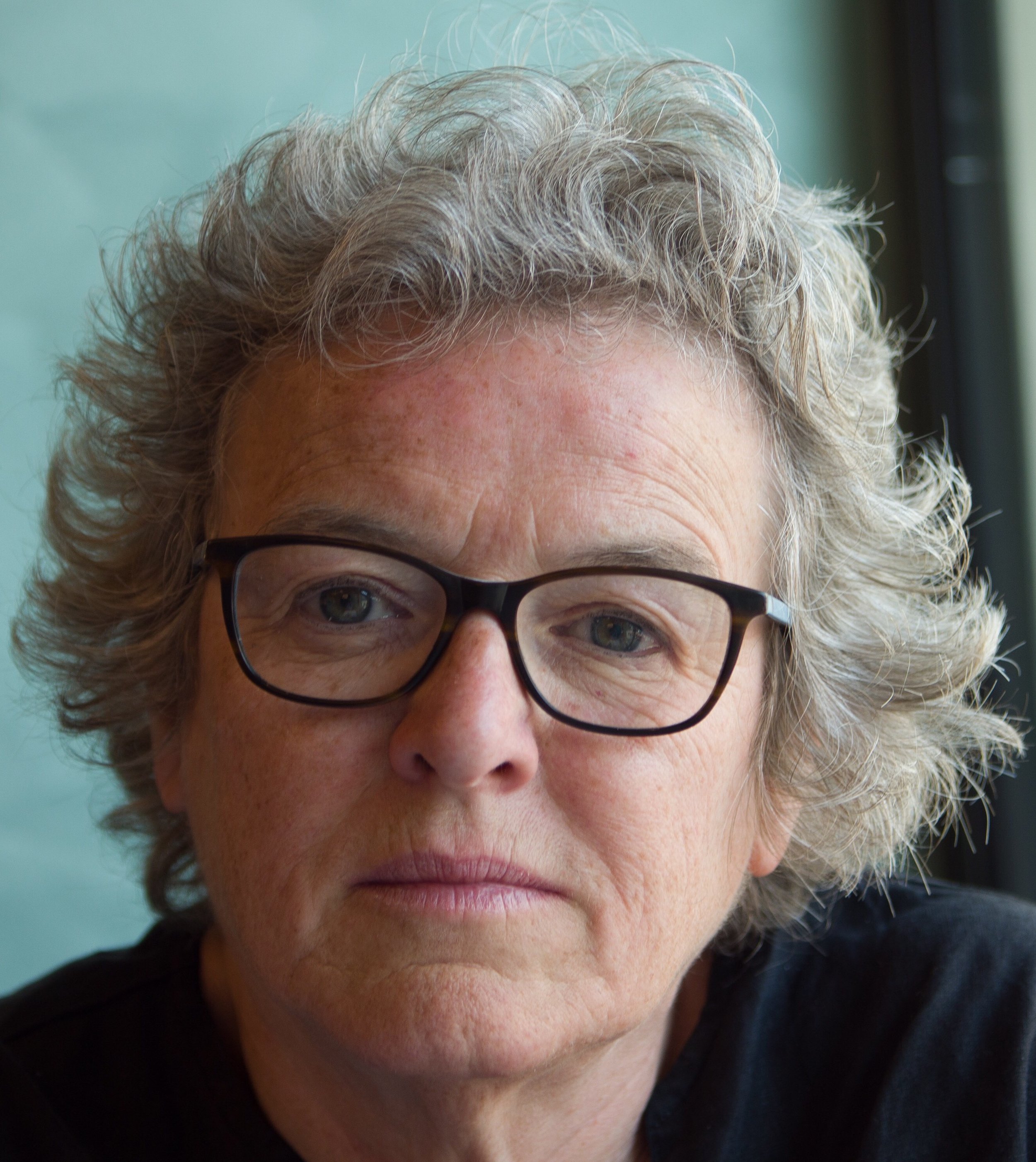Closing up now, ladies and gents, he calls, out of habit probably, but he’s looking directly at her. There is no one else. She can almost sense his narrowed eyes and imagine the calculations he’s making about her. A streetwalker? An aggrieved wife? A woman with bad news. A woman who’s owed. But she’s immune to his sort. Jumped-up lockhard. He might be all gussied up in a gold-crusted black suit, but his moustache looks nicotiney and there’ll be ochre stains on his fingers underneath those white gloves.
You can glare all you like, she thinks, but this time I’m staying put till the bitter end.
On their arrival in Trieste in 1904, James Joyce left Norah Barnacle outside a railway station while he went to scare up money. He got embroiled in a fight with a couple of sailors and was locked up for his troubles. A penniless Norah was left alone for almost an entire day and night sitting on their suitcases at the station in a city where she knew no one and where she didn’t speak the language.
In real life, Norah waited for him. This novel asks – what if she hadn’t?
In Penelope Unbound, one of our greatest living novelists weaves a spellbinding speculative history. By unhooking Norah from her famous husband, Morrissy gives her a compelling new voice, with heartbreak and humanity all her own. Sensual, inventive and uproariously funny, Penelope Unbound reimagines a Joycean heroine for the 21st century.
About the Author
Dublin-born Mary Morrissy is the author of three novels, Mother of Pearl, The Pretender and The Rising of Bella Casey, and two collections of stories, A Lazy Eye and Prosperity Drive. Her short fiction has been anthologised widely and two of her novels have been nominated for the Dublin Literary Award. Her debut, Mother of Pearl, was shortlisted for the Whitbread Award and she’s won a Hennessy Award and a Lannan Foundation Award for her fiction. A member of Aosdána, she is a journalist, a teacher of creative writing and a literary mentor. She blogs on art, fiction and history at MaryMorrissy.com.
Author photo by Colbert Kearney
Media
The Bookshelf | ABC Radio Australia | 12 June 2025
The Gift of Reading with Brendan O’Connor | RTE Radio 1 | 23 November 2024
Three stand-outs in a year of stellar releases | Irish Examiner | 15 December 2023
The Best Fiction of 2023 on The Last Word | Today FM | 11 December 2023
Penelope Unbound by Mary Morrissy (Irish Publisher Showcase) | LIVE Network | 8 December 2023
Books of the year 2023 | The New Statesman | 24 November 2023
In Conversation With: Mary Morrissy | University Times | 16 October 2023
Mary Morrissy: ‘Journalism taught me to spot hidden stories’ | The Irish Times | 14 October 2023
Mary on Arena | RTE Radio 1 | 6 October 2023
Truth and fiction collide in Cork author’s new novel | Evening Echo | 6 October 2023
Review: Masterly alternative life of Nora Barnacle | The Observer | 3 October 2023
Mary on Moncrieff [from 01:44] | Newstalk | 3 October 2023
Mary Morrissy on Nora Barnacle: 'I give her a completely different life without Joyce' | Irish Examiner | 2 October 2023
Review: What if James Joyce’s marriage took a different route? | Irish Independent | 30 September 2023
Review: Mary Morrissy asks ‘what if Nora never waited?’ in Penelope Unbound | Irish Examiner | 29 September 2023
Praise for Penelope Unbound
“A novel of great brilliance and inventiveness, a remarkably – and mysteriously – moving story of what might have been ... It is a stylistic tour de force that Joyce himself would surely have admired: [Norah’s] voice is earthy, funny, by turns knockabout and melancholy, plain and lyrical, accepting and bitterly regretful.”
“The Norah Barnacle we find in Penelope Unbound moves through familiar spaces, but she occupies them in fresh, provocative ways. Mary Morrissy, one of the brightest, most original stars in the firmament of Irish writing, gives us a vivacious, wise Norah who takes charge of her destiny. Morrissy’s great imaginative powers and shockingly good turn of phrase make a lively, dazzling journey of Norah’s re-imagined lifepath.”
“Penelope Unbound is a scintillating, audacious, and engrossing novel. It wittily deconstructs the lives of James Joyce and Norah Barnacle and gives them back to us in vivid and freshly conceived form. Yet, in imagining a different and independent trajectory for Norah, it shows how her complex love for Joyce still endures and how Dublin permanently harbours and enshrines his fiction.”
“Penelope Unbound weaves a moving, imaginative, surprising, and hugely involving alternative history: the life of Norah Barnacle without James Joyce. The language toys with Joyce’s rhythms, but is distinctively its own – it’s a language that belongs to Mary Morrissy’s compellingly reimagined Norah, who is, like this novel itself, funny, richly perceptive and startlingly alive. A wonderful, fascinating book.”
“A new Mary Morrissy is always a treat. She’s a master of capturing each of her character’s unique voice and Penelope Unbound is Morrissy at the height of her game: attentive to the details of her story, linguistically playful and captivating at every turn. This novel felt like stepping into a familiar story through a very different door.”
“A dazzling portrait of Norah Barnacle, resplendent in a reimagined life freed from the shadow of her famous husband. And what a character she is: spirited, funny, lively, intelligent, brought to vivid life in sparkling, sensuous prose by a novelist at the height of her powers.”



